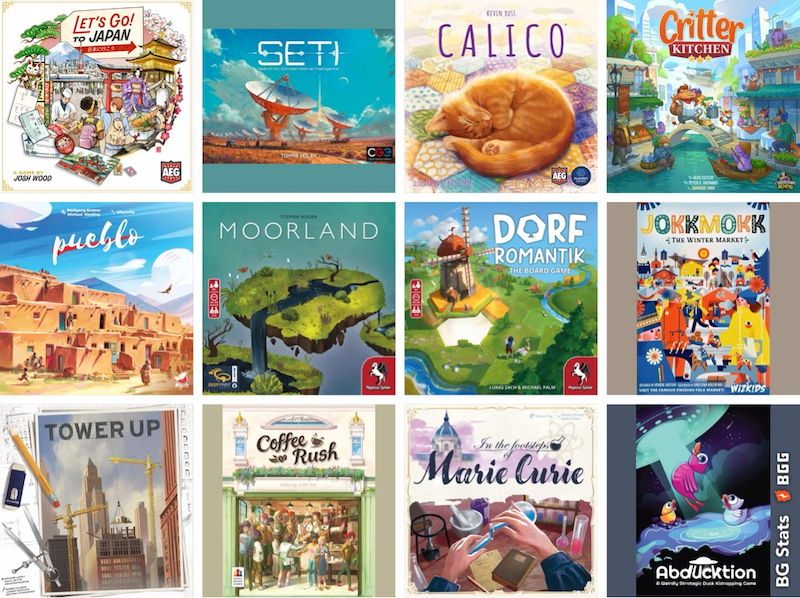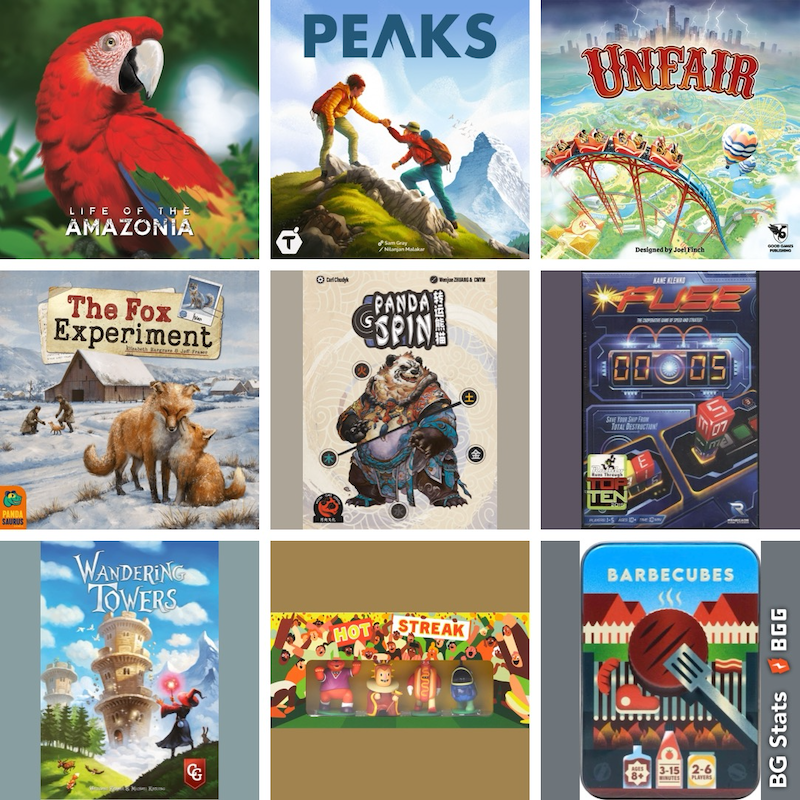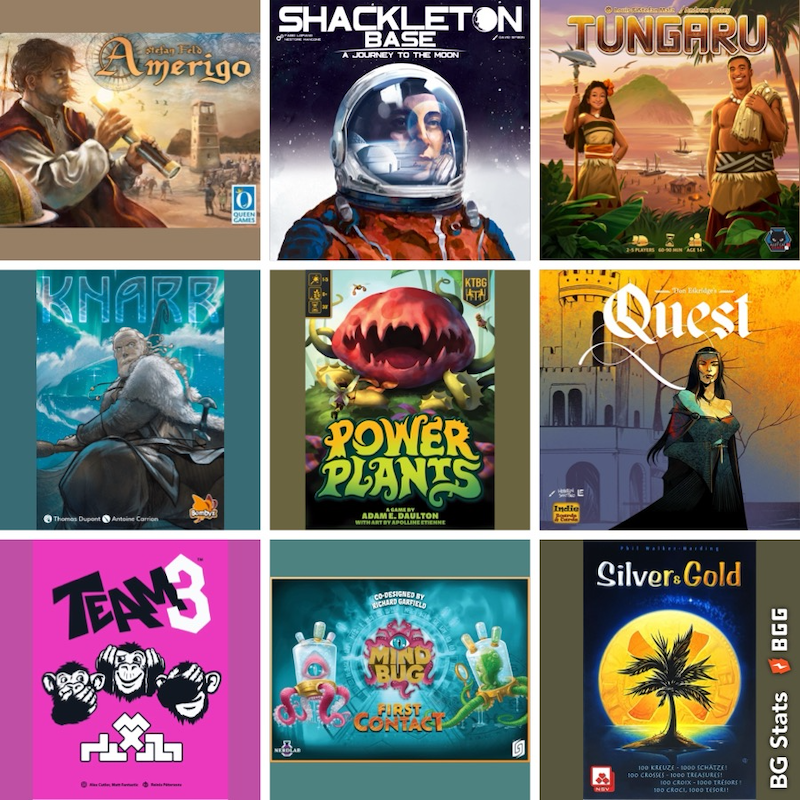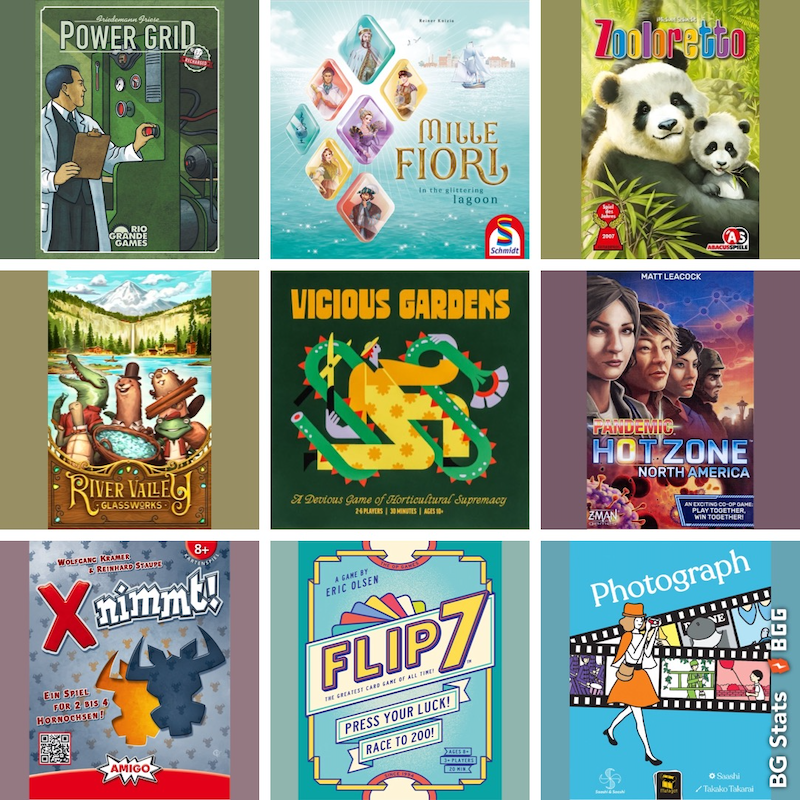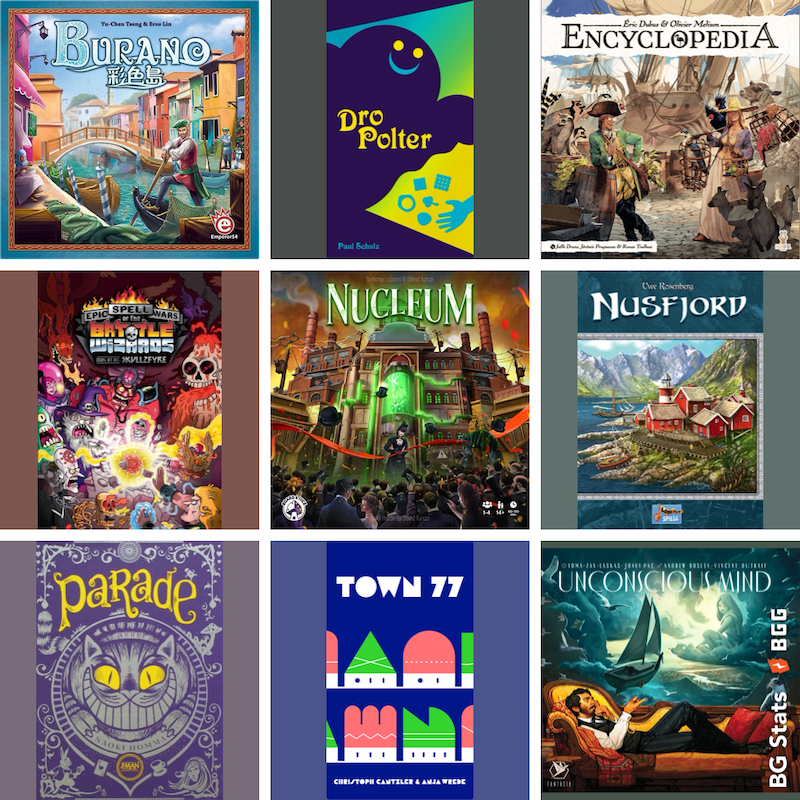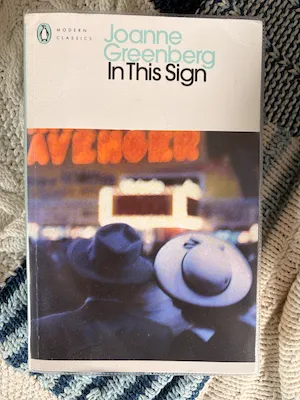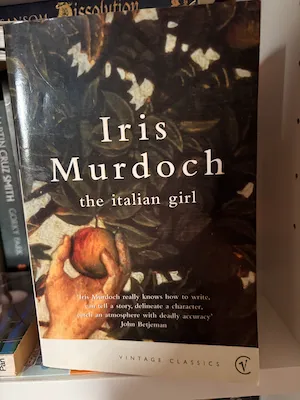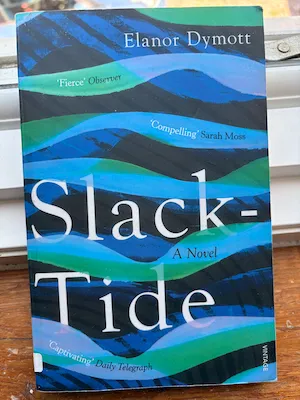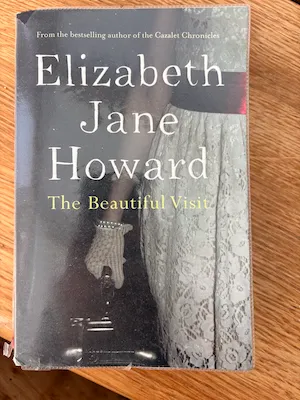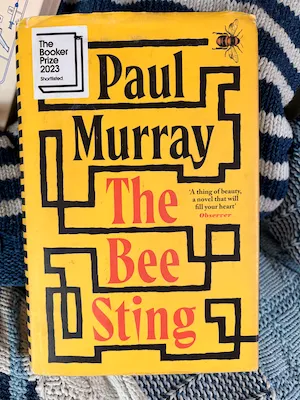Educated
by Tara Westover
Tuesday, February 20, 2024
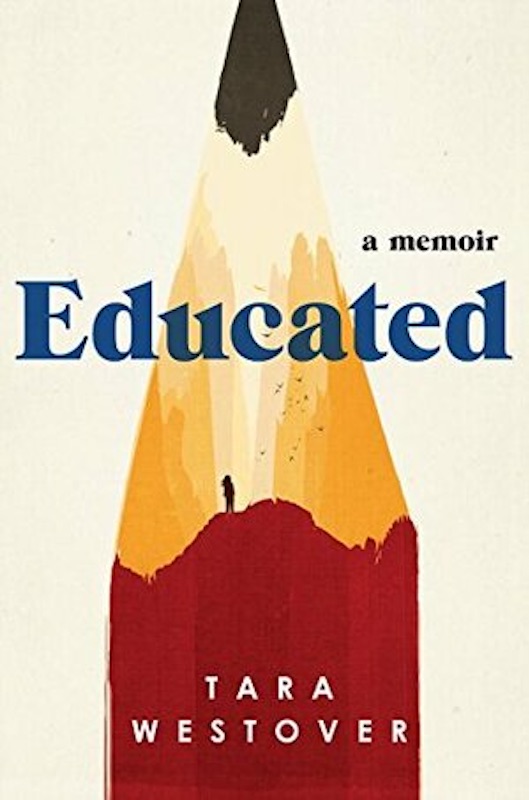
I’m not generally a big fan of biographies of any sort. They tend to be tales of how luck worked in your favour (see celebrity autobiographies) or how luck worked against you (see misery memoirs), though I haven’t really got enough experience of either of those sub-genres to make either of those claims. There’s something I find a little bit creepy reading about someone’s not fictional life and wondering how much of it is actually fiction. And with that background I’m not really sure why I picked this book up to read other than I’d seen it recommended in several different places and, anyway, I like trying things that are a bit out of my comfort zone. And I realised that there is something interesting in reading about other people’s lives; that’s what history books are after all, so first of all I realised that if this story had been written by someone a little more removed from the events within it then I’d have been happier with it, and that’s obviously my problem and not the author’s. But when I looked at it that way I realised that if I’d read a second hand account of this story then I’d have wished it was a first person account. So, yes, my brain’s a confusing place. But so is everyone’s.
The author of this story is the youngest daughter in a very religious family in Idaho who grew up, through the 1990s, with parents who were preparing the end of the world. The family rejected authority and their youngest children’s births didn’t even get registered. Injuries resulting from car crashes and major health and safety at work failures went untreated as they didn’t agree with modern medicine. Although some of her older siblings had some school education the author only remembers receiving a very basic education at home. And that’s ostensibly the main thrust of the story. How she went from pretty much no education apart from learning to read religious texts to gain a place at university and ultimately excelled in academia but what a battle it was. But though it’s the title that’s not really the main bit of the story. Intertwined throughout the story about education are her memories of abuse, physical and mental, from members of her family, and her struggles to reconcile these.
Even while I was still reading I knew that when I finished the book and went to look online I would find ‘balancing’ points of view from those family members, because of course you would deny the seriousness of these things if anyone accused you of them, no matter that the author has presented her case in a very careful and considerate manner. There are pseudonyms used in the book but since the author has used her real name and is talking about her family that pseudonymity can be no more than a polite veneer. The book goes on perhaps longer than it should have done because she’s trying to walk a balance beam explaining the details and the maybes and the perhapses and it makes sense to me that she struggled with her mental health whilst trying to come to terms with her family’s actions.
Would I have been happier as a reader if the story had been fictionalised even if everything didn’t get neatly wrapped up at the end? Probably, but that would have made it a different story. And my conclusion is that the heart of this story is a conundrum about how memory matters. We all have stories of things we’ve experienced where other people’s memories of those same events don’t match up with ours. I don’t doubt that abusers don’t think they are abusive, but I don’t think that matters to their victims who have to live with their own memories. The book was well written, opened my eyes to a world I know little about and gave me a lot of think about.
